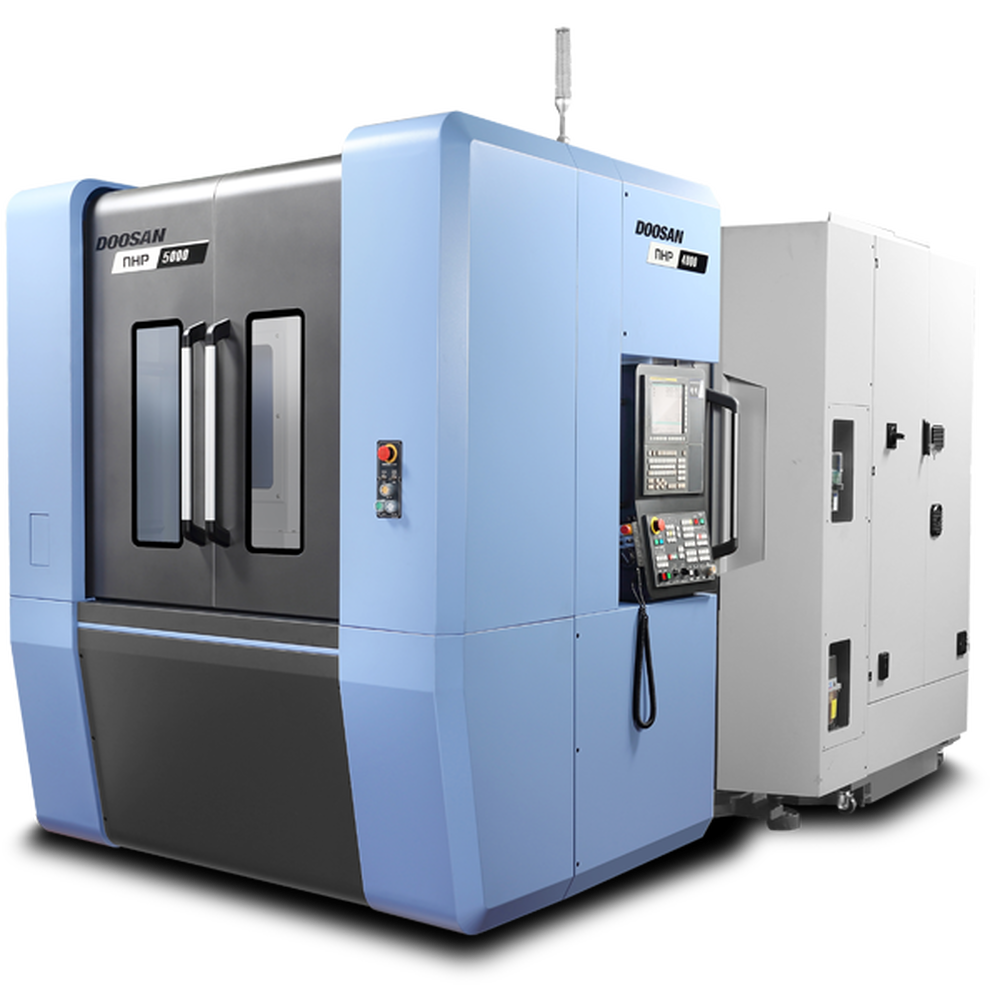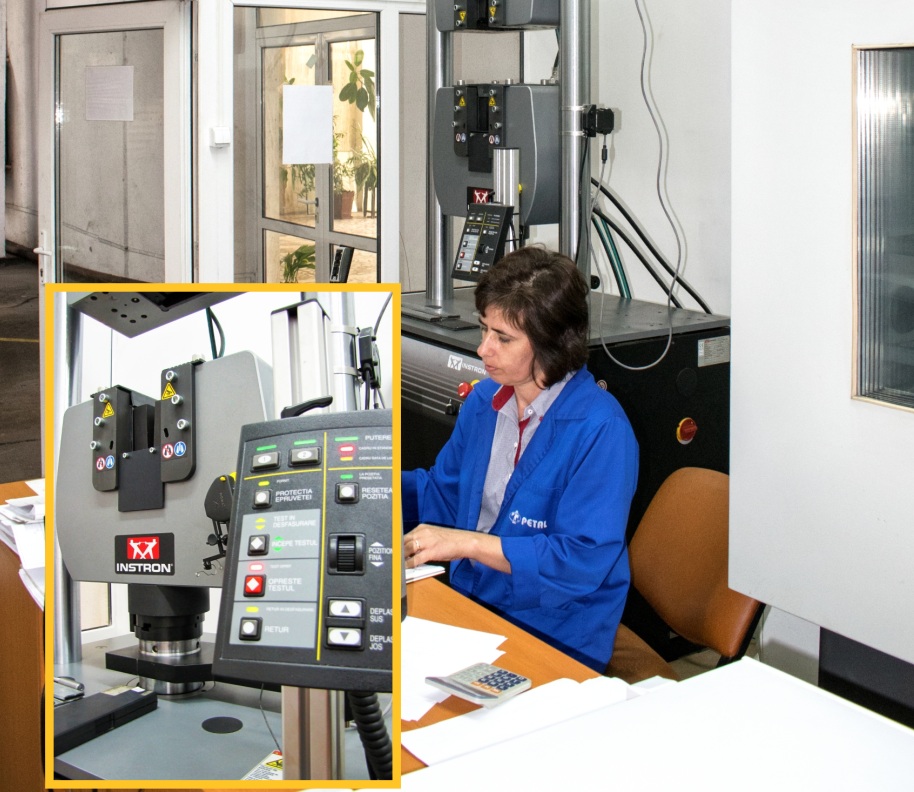Petal, well-established producer of equipment and oilfield equipment
The Company covers a 42800 square meter area, of which 27000 square meters represent administrative and production building, expanding continuously.
The number of employees is around 209, 138 of them are directly involved in production.
The Company enjoys a great level of autonomy:
The Conception and Design Department – where design and simulation are done by means of 3D software by specialized and experienced engineers.
The Casting Unit – which provides 80% of the steel, cast-iron and non-ferrous metal cast pieces required. The cast semi-finished product can weigh up to 1000 kg, with a level of complexity up to IV. The moulds employed in the casting house may contain up to 6 cores.
At the end of the processes, the cast semi-finished product leaves the unit with a very clean aspect due to the sandblasting installations.
Heat treatment workshop – is equipped with vertical furnaces, fluid bed treatment installation, treatment installation with high-frequency currents, salt baths. The main thermal treatments performed in this sector are the following: annealing, hardening, tempering, cementing, nitration, nitro-ferroxing, on pieces with diameters up to 1200 mm and lengths (heights) up to 1500 mm.
The metallic coating workshop – where the operations of hard chromium plating, cadmium plating, phosphating take place.
The machine workshop – equipped both with universal machines and with special machines, CNCs, where the turning, milling, toothing, honing, grinding, drilling, mortising, planning, relieving works, etc., take place. In this unit, tooling for pieces with diameters up to 2200 mm and lengths up to 6000 mm take place.
Workshop – equipped with welding equipment MIG, MAG, TIW / WIG, MMA, spot welding, gas cutting, rolling machines, etc.
The assembly and testing workshop – at the end of the assembly line for specialized products, according to types of products (automatic beds for testing of mounting pieces with pressure up to 2000 bar, automatic beds for testing, monitoring and registration of parameters of cementing and fracturing units with pressures up to 1050 bar, beds for inspection of functionality, etc.)..
Laboratories – Physico-chemical analysis and mechanical tests are performed only by qualified, specially trained experts. The qualified teams are composed by laboratory chemists, quality inspectors and engineers attested for NDT (nondestructive testing).
The NDT Laboratory of Petal is designed to perform checks and measurements using non-destructive procedures for different parts of the production flow.
In NDT Laboratory are made the following types of controls:
Control with penetrating liquids:
- the purpose of these examination is to determine the external defects of rolled, forged, cast parts or of the welded structures and, respectively, to determine the adherence of anti-friction materials.
- the materials used (penetrant, developed, degreaser) in conducting the examination are in accordance with ASME, ASTM and ISO and are supplied only from licensed manufacturers.
NDT controls are performed according with domestic standards, in compliance with requirements imposed by the beneficiary.
The norms for quality assessment are according to ASME, EN.ISO.
Control with Magnetic particles
- the control with Magnetic particles are applied on ferromagnetic materials for detecting the surface discontinuity or in it’s close proximity.
The laboratory is equipped with magnetic yokes that can be used both in continuous current and alternating current and is according to ISO 9934-3, ASTM E144-05 2002. Also, in the laboratory facilities can be found magnetization installations coil type and central conductors. The magnetization in these cases is realized using Portaflux 2000, which allows the demagnetization of checked parts too. All control devices used in checking both the magnetization and demagnetization and the lighting and light intensity measurement are metrologically checked and in compliance with applicable standards. The magnetic powders used are supplied by authorized manufacturers.
The norms for quality assessement are in accordance with EN, ASME;
Ultrasonic control:
The ultrasonic defectoscopy is applied on ferrous and aluminum materials, based on the control method with reflected impulse, having a working frequency in the range 2 to 5 MHz, for the following: rolled profiles and plates, forgings and castings, pipes,
butt welds and corner, measurement of thickness.
The Flaw detector 35XS KRAUTKRAMER USM has a charts memory to determine the discontinuities DAC and TCG (imposed by the U.S. norms) and DGS or AVG (required by EU norms), and it meets the requirements of SR EN 12668-1:2010.
- the Transducers used in the NDT laboratory are covering a wide range of equipment ,from the miniature to normal, with frequencies between 2 to 5 MHz, with 300 ÷ 700 angles, and normal incidence, double and single crystal transducers corresponding to the SR EN 12668-2/2010.
- Calibration blocks are in compliance with SR EN ISO 12223/2001 for block A1, respectively SR EN ISO 7963/2001 for A2.
The Ultrasonic control is performed accvording the internal procedures and instructions and in strict compliance with client wishes.
The norms for quality assessment are according to ASME, DIN, EN.
The workers performing the control are certified acc. to EN 473 niv.2 and have extensive experience in this field.
Mechanical testing laboratory performs:
- Tensile test – with an Instron USA testing machine, havind a test capacity of 600 kN, equipped with an electronic extensometer with an accuracy class of 0.5, according to EN 10002 and ASTM E83 B2;
- Impact test – with a Charpy hammer and using cryogenic chamber, allowing test temperature of -46 °C.
The tests are performed acc. to both ASTM and ISO standards.
The Chemical test laboratory:
- testifies the chemical composition of the metallic, ferrous, non-ferrous materials through a spark optical emission spectrometer in argon.
Also, the Chemical test laboratory specialists are keeping the composition of the metal palting baths in optimum parameters.
The final product requiring pressure test, is tested on high pressure up to 2000 bar, with monitoring and recording parameters, by PC interface. The measurements are performed with an accuracy class of 0.5 in all the measured scale.
The Hydraulic Stands necessary for testing the cementing and fracturing units are completely automatic, determine real-time time-pressure-flow parameters, recording, storing data on memory-card holders.
Metrology Laboratory is equipped with latest generation devices, of a great diversity and precision, meeting all domestic and international standards in the field.

 Română
Română Русский
Русский

